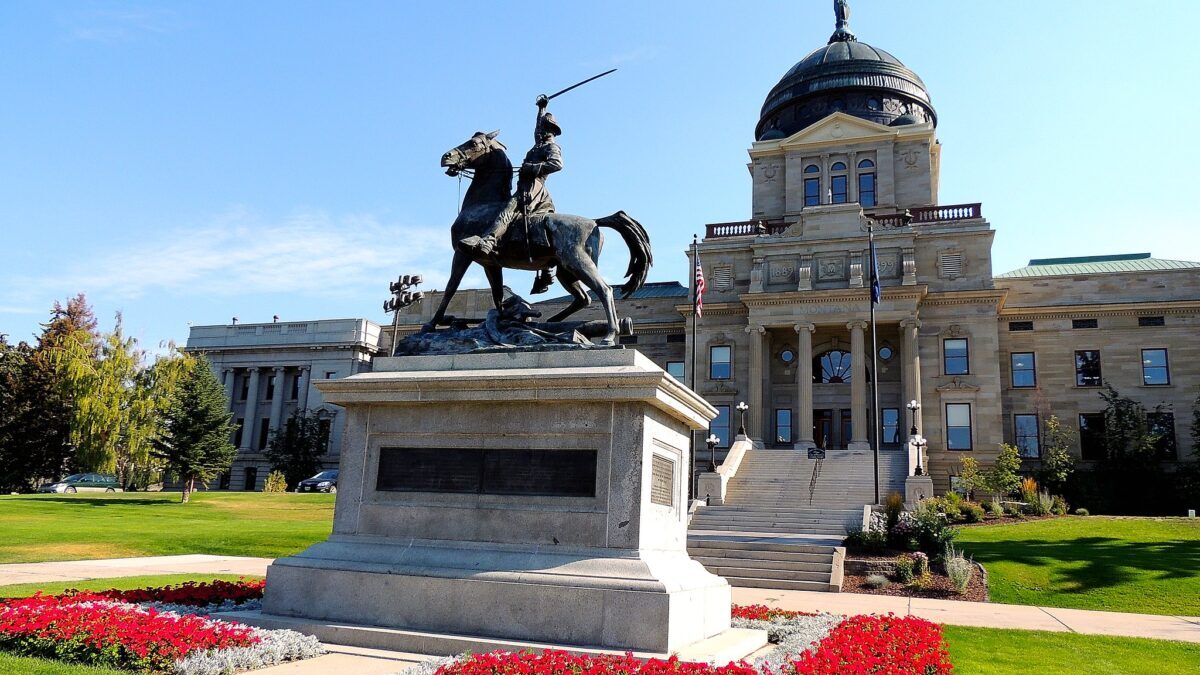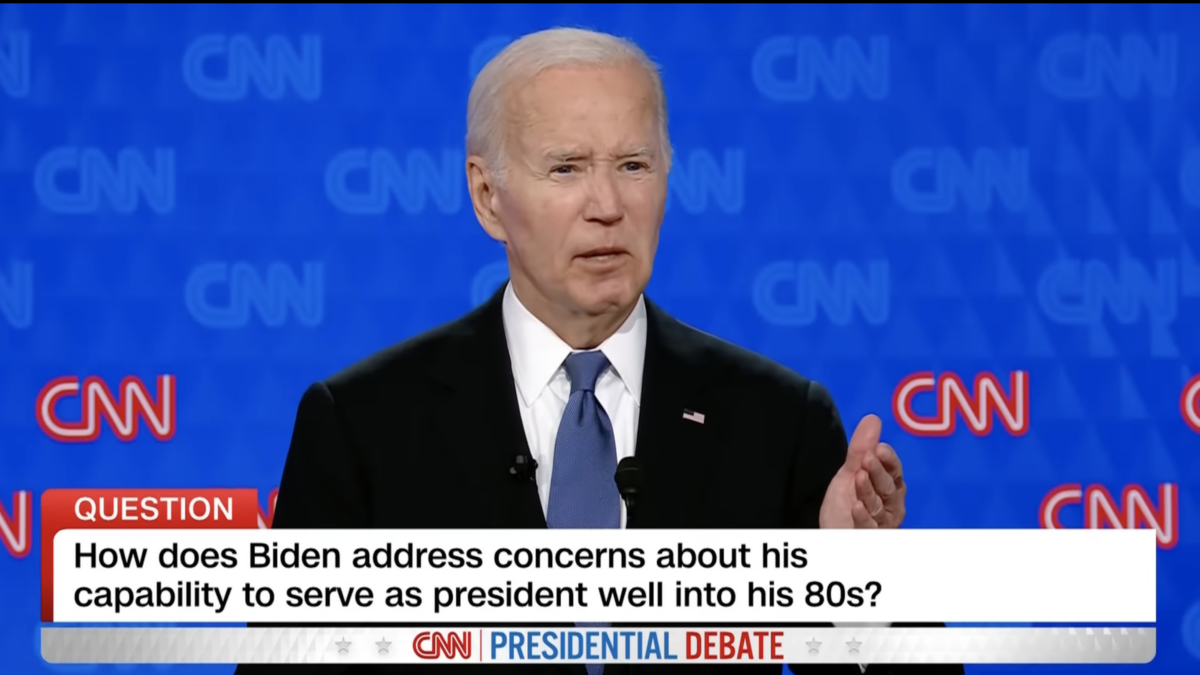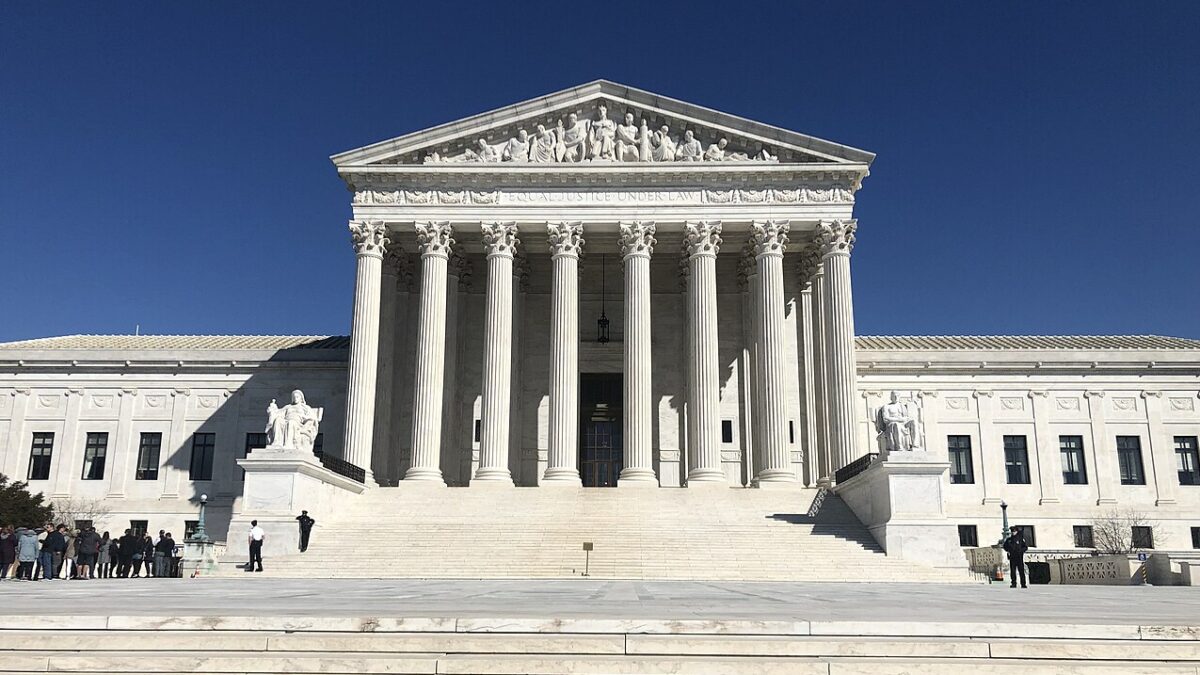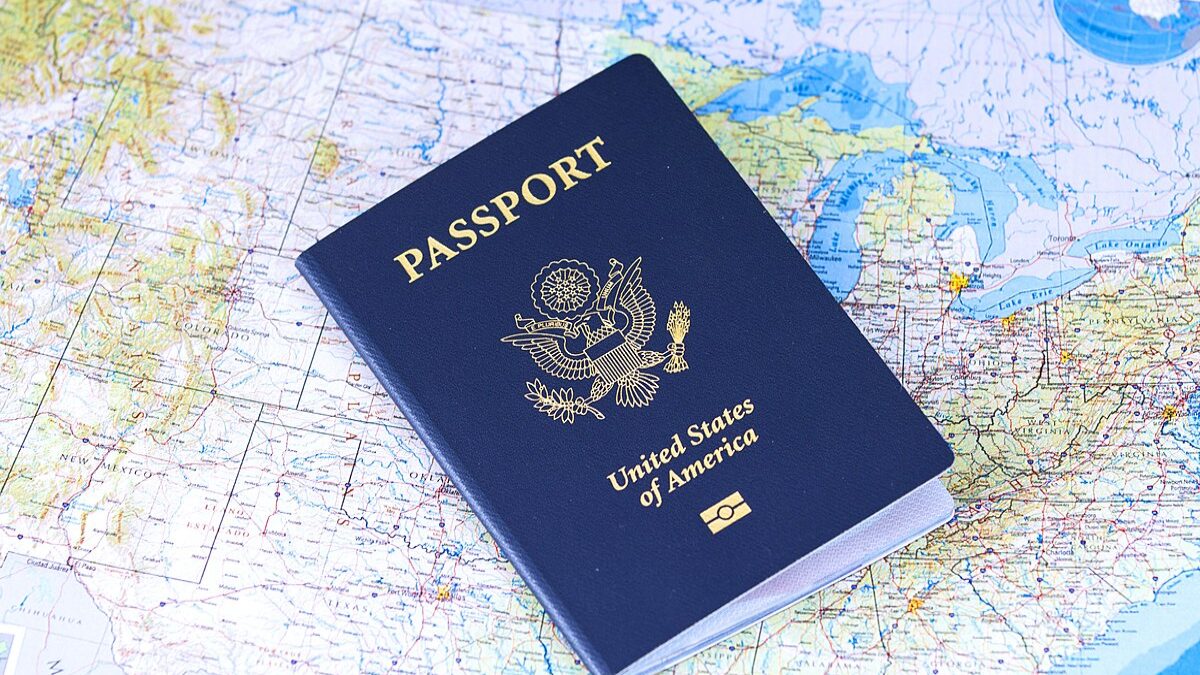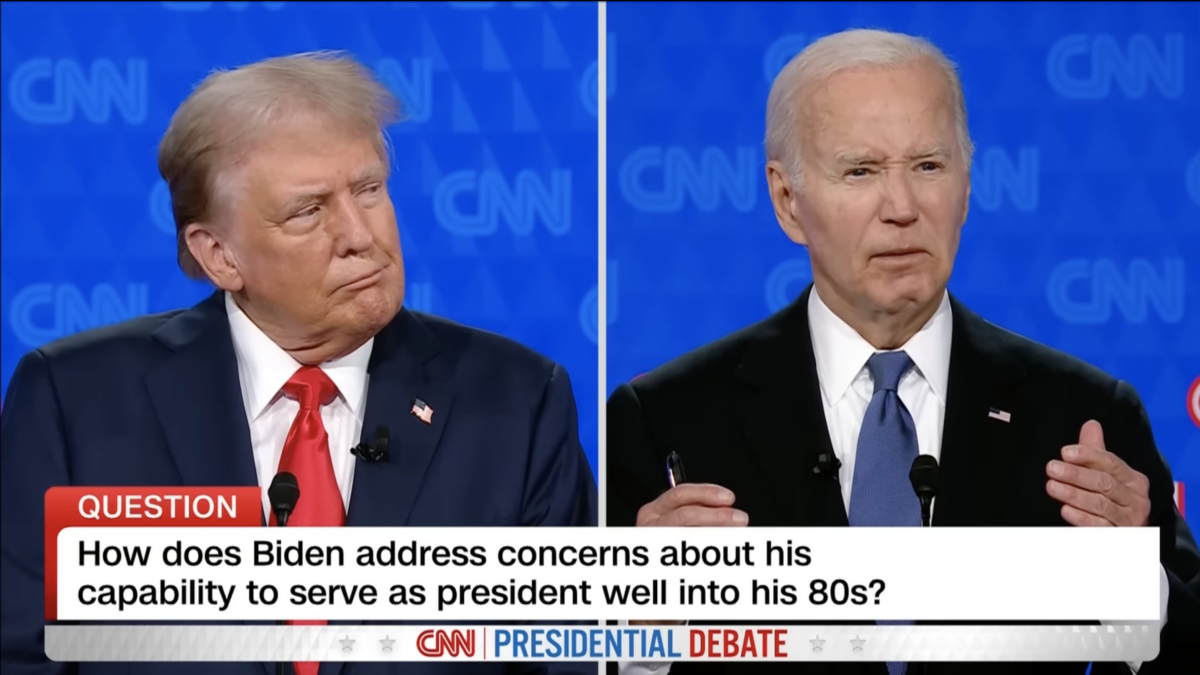The Republican-controlled Montana State Legislature rejected a request for a special session to pass legislation strengthening protections against alien voting.
Secretary of State Christi Jacobsen announced on Monday that three separate requests sent to Montana lawmakers for a special legislative session to address various issues, including noncitizen voting, failed to receive enough votes. Montana’s chief lawmaking body only meets during odd-numbered years, meaning legislators are not slated to meet again until January 2025.
The requests submitted to Jacobsen last month sought to convene lawmakers for a special session in Helena starting on June 24. According to the Daily Montanan, which is a project of the left-wing media operation States Newsroom, the Secretary of State “has five days to send a poll to legislators asking if they wish to convene a special session,” which requires support from a majority — at least 76 legislators — to be called.
In addition to alien voting, the other applications for a special session sought to tackle illegal immigration and marijuana taxation, and state judicial election reform.
Despite controlling 102 of Montana’s 150 legislative seats, Republicans failed to pass all three requests. The application sponsored by the Montana Freedom Caucus that aimed to increase safeguards against voting by foreign nationals received support from just 52 lawmakers. The measure received 60 “no” votes, while 38 lawmakers didn’t vote either way.
The proposed constitutional amendment would have required individuals to provide “documentary proof of citizenship” to qualify to vote.
Meanwhile, the request submitted by House Speaker Matt Regier to address illegal immigration and marijuana taxation received 59 votes supporting and 54 opposing. The Daily Inter Lake reported that Regier previously indicated legislators “were drafting a bill modeled after legislation in Texas and Iowa” that “lets local law enforcement arrest and deport people in the state illegally.”
Regier pledged to bring the bill forward once the legislature reconvenes in January.
The final application rejected by lawmakers sought to advance legislation permitting judicial candidates to disclose their party affiliation on the ballot starting this year. Montana judicial races are currently nonpartisan, according to the Daily Montanan.
The Treasure State will hold elections for two state Supreme Court races this November.
Democrats Push Alien Voting
Montana Republicans’ failure to call a special session and address alien voting comes amid President Biden’s manufactured invasion at the U.S. southern border and growing concerns that foreign nationals could exploit existing election loopholes to influence America’s electoral system.
While largely dismissed as a non-issue by Democrats and their media allies, aliens finding their way onto state voter rolls and casting ballots in U.S. elections is a notable problem. A recent report published by the Public Interest Legal Foundation, for instance, unearthed data from Boston, Massachusetts, showing 70 voter registrations were recently canceled due to a lack of U.S. citizenship. Of those 70 canceled records, 22 had “known histories of voting.”
Similar issues of foreigners illegally registering and voting in U.S. elections have also been identified in several Arizona counties.
Equally alarming is Democrats’ bid to extend voting privileges to foreign nationals in recent years. Democrat-run cities in states such as California and Maryland allow aliens to vote in municipal contests. Washington, D.C. adopted a similar law in 2022.
Blue cities such as San Francisco permit some aliens — even those who are illegally present — to vote in school board races. In San Francisco, foreign nationals can even run elections: In February, the city’s board of supervisors voted unanimously to appoint Kelly Wong, a foreign national from Hong Kong, to the city’s Elections Commission. The commission is a “seven-member civilian body that oversees and creates policy for the city’s Department of Elections,” according to local media.
Despite their media acolytes’ best attempts to downplay these matters, Democrats such as Maryland Rep. Jamie Raskin have publicly advocated for granting voting rights to foreign nationals. Fox News reported last month that Raskin authored a paper for the American University Washington College of Law in 1993, in which he defended “Alien Suffrage.”
“In this Article, I will argue that the current blanket exclusion of noncitizens from the ballot is neither constitutionally required nor historically normal,” Raskin wrote. “Moreover, the disenfranchisement of aliens at the local level is vulnerable to deep theoretical objections since resident aliens — who are governed, taxed, and often drafted just like citizens — have a strong democratic claim to being considered members, indeed citizens, of their local communities.”
As my colleague Matt Kittle noted, Raskin was one of 143 Democrats to oppose a recently passed GOP bill prohibiting foreign nationals from voting in D.C. elections.
